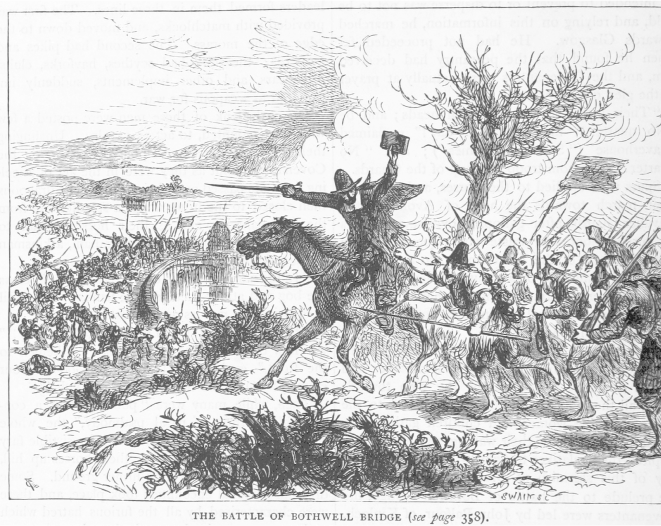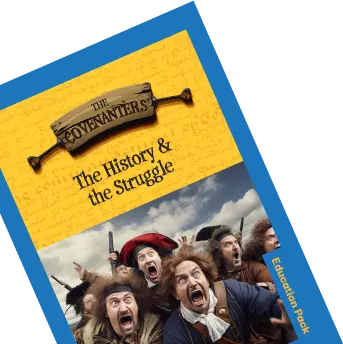

The 17th century in Scotland was a time of intense religious and political turmoil, significantly shaped by the actions and beliefs of the Covenanters. These staunch Scottish Presbyterians stood firmly against the Stuart monarchy’s attempts to enforce Anglican practices on their church. In 1638, they famously signed the National Covenant, a bold declaration of their commitment to preserving their religious freedoms and resisting any efforts to undermine their Presbyterian traditions.
This period saw a series of critical battles that highlighted the Covenanters’ struggle. The Battle of Rullion Green in 1666, the Battle of Bothwell Bridge in 1679, the Battle of Drumclog in 1679, and the Battle of Airds Moss in 1680 were not just military engagements; they were powerful symbols of the fight for religious liberty and resistance to authoritarian rule. Each of these battles had far-reaching consequences for both the Covenanters and the broader Scottish society, shaping the nation’s history and the quest for religious freedom.
These battles are significant because they showcase the Covenanters’ unwavering resolve to defend their faith despite severe persecution, crushing defeats, and brutal reprisals. Their steadfastness in the face of overwhelming odds inspired future generations to continue advocating for religious and civil liberties. The legacy of the Covenanters and these pivotal battles left a lasting impact on Scotland’s religious and political landscape, illustrating the enduring power of their convictions.
The Battle of Drumclog, fought on June 1, 1679, was a rare victory for the Covenanters during their prolonged struggle against royalist forces. Occurring near the village of Drumclog in South Lanarkshire, this battle was part of a larger series of events known as the Covenanter Wars. The Covenanters, under the leadership of figures like Robert Hamilton, successfully ambushed a smaller government force led by Claverhouse, also known as “Bloody Clavers.” Utilizing the marshy terrain to their advantage, the Covenanters managed to outmaneuver and overwhelm the royalist troops, forcing them to retreat. The victory at Drumclog emboldened the Covenanter movement, leading to a temporary surge in support and recruitment, but it ultimately set the stage for their later defeat at the Battle of Bothwell Bridge.

The Battle of Airds Moss, fought on July 20, 1680, was a significant engagement between a small group of radical Covenanters and the forces of the Crown. This skirmish took place in the desolate moorland of East Ayrshire. The Covenanters, led by Richard Cameron and his brother Michael, had adopted a more militant stance, openly defying the authority of King Charles II and advocating for a Presbyterian theocracy. The government troops, commanded by Bruce of Earlshall, tracked down the Covenanters to their hiding place on Airds Moss. In the ensuing fight, Richard Cameron and several of his followers were killed. The battle symbolized the harsh realities faced by the Covenanters, who were willing to fight and die for their religious convictions despite facing overwhelming odds and brutal crackdowns by the authorities.

The Battle of Bothwell Bridge, fought on June 22, 1679, was a significant conflict during the Covenanter uprisings in Scotland. Government forces, led by the Duke of Monmouth, clashed with a large group of Covenanters who had gathered to protest against religious persecution. Despite initial confidence, the poorly armed and organized Covenanter forces were decisively defeated by the well-trained royal troops. The battle ended in a disastrous rout for the Covenanters, leading to the capture and execution of many, and marked a turning point in the suppression of the Covenanter movement, highlighting the brutal measures the government was willing to take to enforce religious conformity

Find out more about our outreach packs and programmes

Add in some of your details below to sign our digital visitor book and keep in touch with us
Lochgoin Covenanters’ Musuem is open from
9am – 5.30 Monday – Saturday and closed Sunday
Lochgoin Farm
Fenwick, East Ayrshire
KA3 6EX
info@lochgoin.org